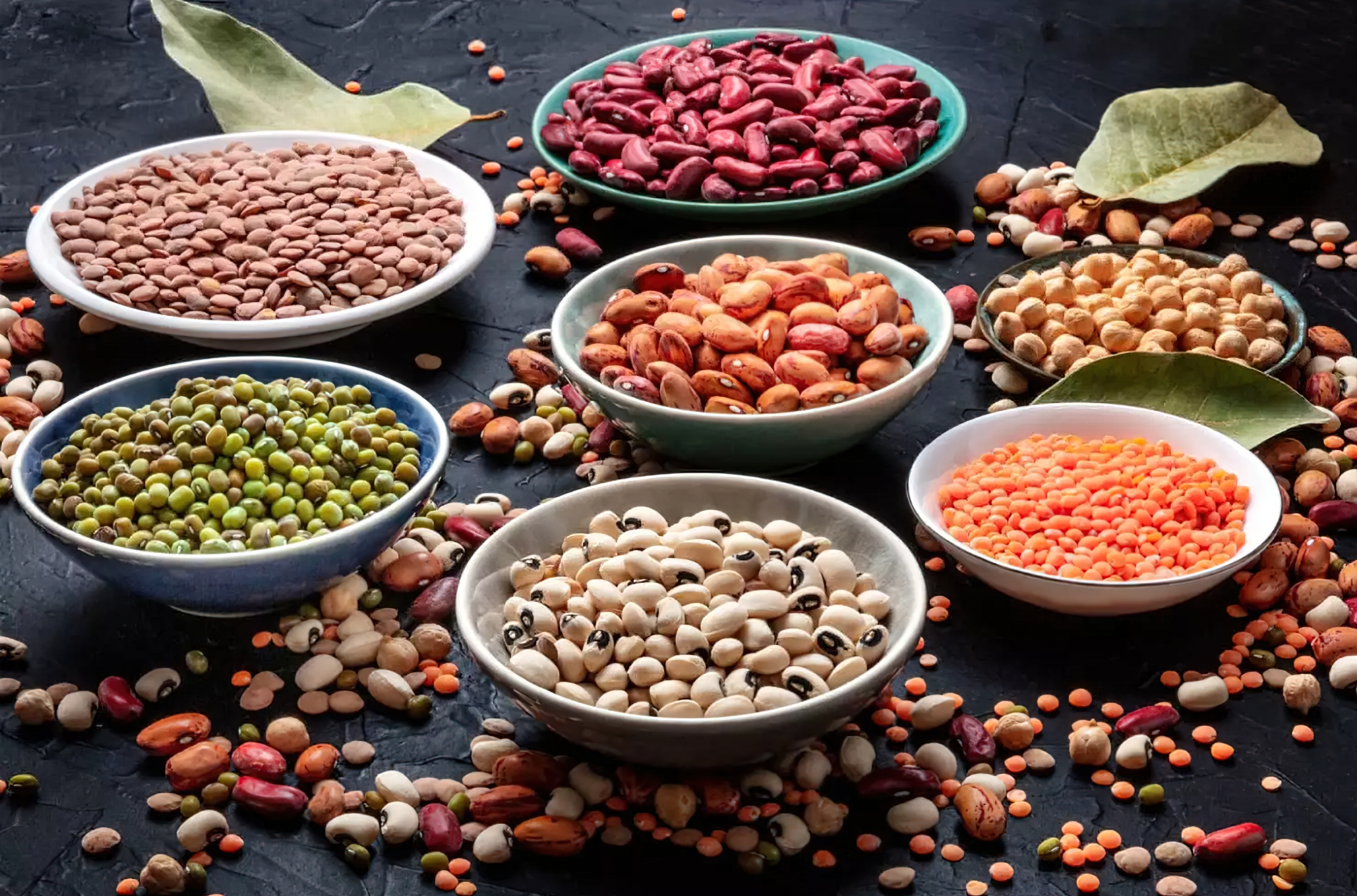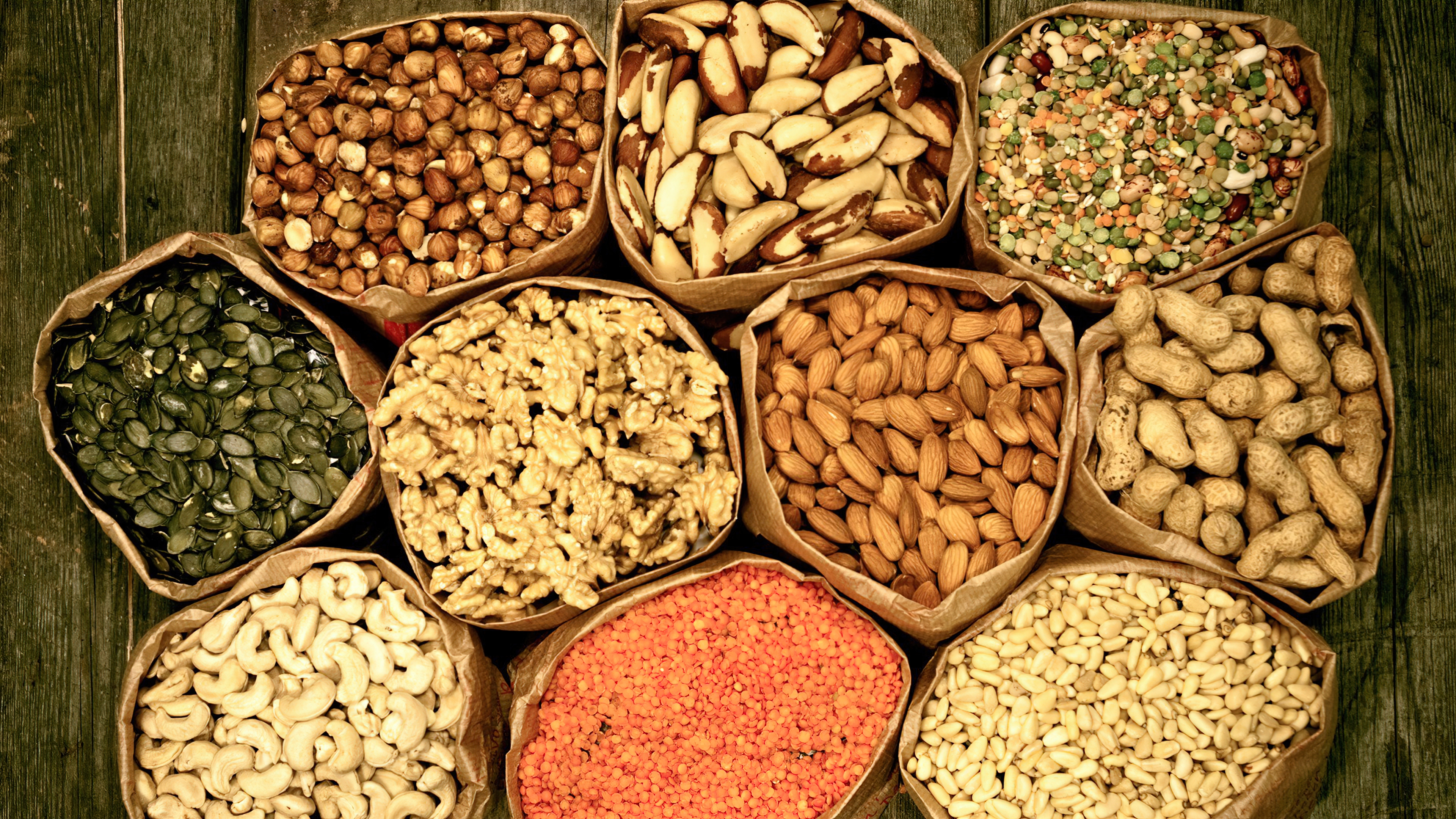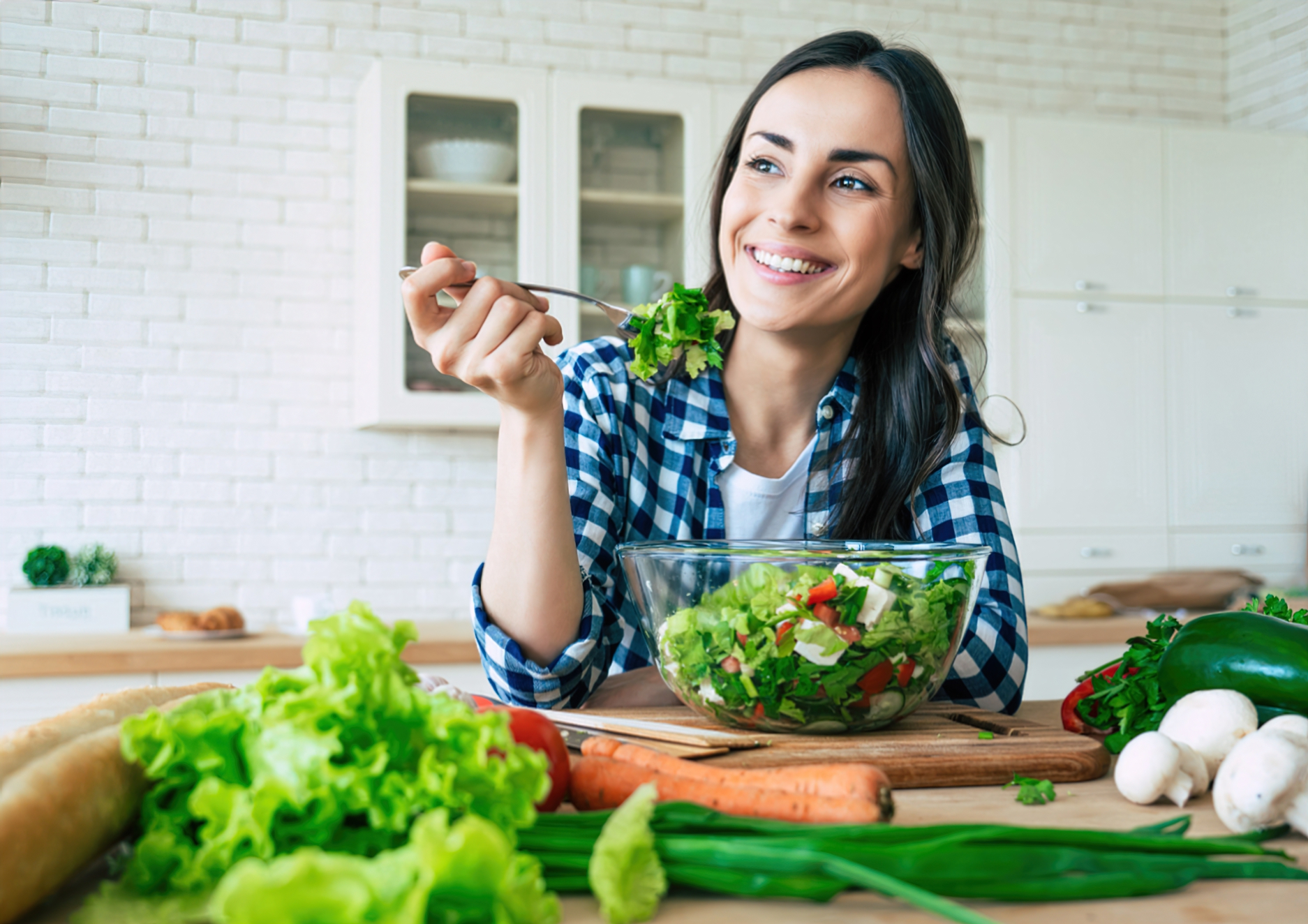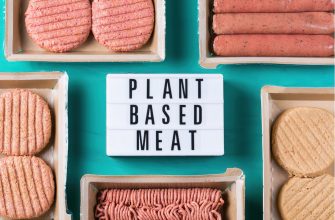Boost Your Iron Intake with These Nutrient-Rich Vegan Foods
Iron is an essential mineral required for various bodily functions, including oxygen transport and energy production. Many people worry that a vegan diet may lead to iron deficiency, as animal-based foods like red meat and liver are traditionally considered prime iron sources. However, there are plenty of plant-based foods rich in iron that can be easily incorporated into a vegan diet. In this article, we will explore the best plant-based iron sources for vegans and provide tips for optimizing iron absorption.
-
Legumes

Legumes are a fantastic source of iron, providing between 2 and 7 mg per cooked cup:
- Lentils: Rich in iron and fiber, lentils make a versatile and nutritious addition to soups, salads, and stews.
- Chickpeas: High in iron, protein, and fiber, chickpeas can be used to make hummus, falafel, or roasted as a crunchy snack.
- Beans: Kidney, black, and pinto beans are all excellent iron sources and can be added to chilis, burritos, or veggie burgers.
-
Leafy Green Vegetables
Dark, leafy greens are packed with nutrients, including iron:
- Spinach: One cup of cooked spinach contains around 6 mg of iron, making it an ideal addition to salads, smoothies, or pasta dishes.
- Swiss chard: With around 4 mg of iron per cooked cup, Swiss chard is a delicious side dish when sautéed with garlic and lemon.
- Kale: Containing about 1 mg of iron per cooked cup, kale can be added to soups, salads, or baked into crispy chips.
-
Nuts and Seeds

Nuts and seeds are not only high in healthy fats and protein but also iron:
- Pumpkin seeds: Providing 4 mg of iron per ounce, pumpkin seeds can be sprinkled over salads or enjoyed as a snack.
- Cashews: With 2 mg of iron per ounce, cashews make a satisfying snack or can be used to create a creamy vegan cheese sauce.
- Chia seeds: Containing 1.2 mg of iron per tablespoon, chia seeds can be added to smoothies, oatmeal, or used as an egg replacement in baking.
-
Whole Grains and Fortified Foods
Whole grains and fortified foods can also contribute to your daily iron intake:
- Quinoa: This gluten-free grain contains 2.8 mg of iron per cooked cup and can be used as a base for salads or as a side dish.
- Fortified cereals: Many breakfast cereals are fortified with iron, making them an easy way to boost your intake. Check the label for vegan options.
- Brown rice: Containing 0.7 mg of iron per cooked cup, brown rice is a versatile and nutrient-dense grain to incorporate into your diet.
Tips for Enhancing Iron Absorption:
The type of iron found in plant-based foods is called non-heme iron, which is less readily absorbed by the body compared to heme iron found in animal-based foods. To optimize iron absorption, consider these tips:
- Combine iron-rich foods with vitamin C: Vitamin C enhances non-heme iron absorption, so try pairing iron-rich foods with citrus fruits, bell peppers, or tomatoes.
- Avoid consuming iron inhibitors: Calcium, tannins (found in tea and coffee), and phytates (found in whole grains and legumes) can inhibit iron absorption. Consume these foods separately from iron-rich meals.
- Cook in cast-iron cookware: Cooking in cast-iron pots and pans can increase the iron content of your food, especially when cooking acidic foods like tomato sauce.
Conclusion
A vegan diet can provide ample iron from plant-based sources such as legumes, leafy greens, nuts, seeds, and whole grains. By incorporating a variety of these iron-rich foods into your meals and following the tips for enhancing iron absorption, you can maintain healthy iron levels on a vegan diet. Embrace the power of plant-based nutrition and enjoy the benefits of a well-balanced, iron-rich vegan lifestyle.

